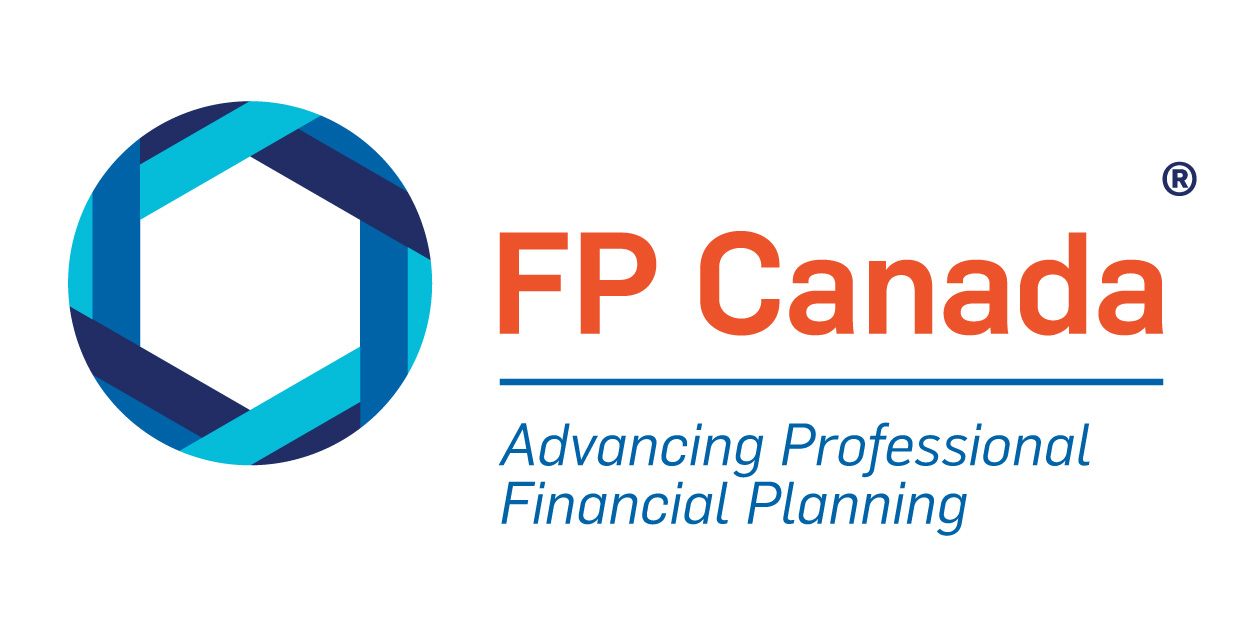Parents of children living with disabilities face unique
financial challenges.
The birth of a child is always a joyous event. But when a child is born with a disability—whether it's developmental or medical—parents can face challenges that may feel overwhelming.
There's a Learning Curve
When they learn that their child has a disability, parents face a steep learning curve, says Kathy Netten, a social worker with the complex care program at The Hospital for Sick Children (Sick Kids) in Toronto. Parents need to learn medical terms, how to navigate the health care system, and how to advocate effectively. Because many conditions are discovered in infancy, they're often also learning how to be parents for the first time.
Sick Kids has over fifty social workers like Netten who provide counselling, therapy, and support services for families with children who are living with disabilities. “We're available to help parents find resources and work effectively with care teams, to problem solve when there are challenges, and for very difficult decision-making,” she says.
Finding a Balance
Netten says that in her experience, parents will often push themselves to physical and mental exhaustion for their child. “The key is to find a balance between hope and despair, even under the most difficult of circumstances. Hope will allow parents to take care of their own emotional, psychological, and spiritual needs so they can care for the developmental and medical needs of their child.”
On top of these challenges, parents must also prioritize figuring out how the costs of care will be paid for. While it can be difficult to think about long-term financial considerations of providing specialized care while also administering it, doing so can help minimize its impact on the family’s finances later on.
For families that have children living with disabilities, household income can often decrease over time. Medication and equipment costs, time taken off work, switching from a dual to a single income household, and lack of knowledge of available assistance programs can all be contributors to a family’s income decline.
Preparing for the Future
Working with a CFP® professional or a QAFP® professional can help parents plan for their family’s short and long-term financial well-being, enabling them to focus on living a happy and healthy life.
For example, professional financial planners can inform you of available government programs—such as Registered Education Savings Plans, Disability Tax Credit, and Disability Support Programs. They can also discuss tax minimization strategies, which could allow you to focus on the things that really matter.
A CFP professional or QAFP professional can also help you plan for the time when you'll no longer able or around to take care of your child. When you find the right professional financial planner for you, it’s important to discuss the following:
- Creating a solid financial plan
- Legal concerns, such as Powers of Attorney for chosen caregivers
- Establishing a trust that will protect the assets of your child living with a disability
- Their right to collect government benefits and entitlements
To find the right CFP professional or QAFP to help guide you financially, use our Find Your Planner tool.

 Find Your Financial Planner
Find Your Financial Planner

